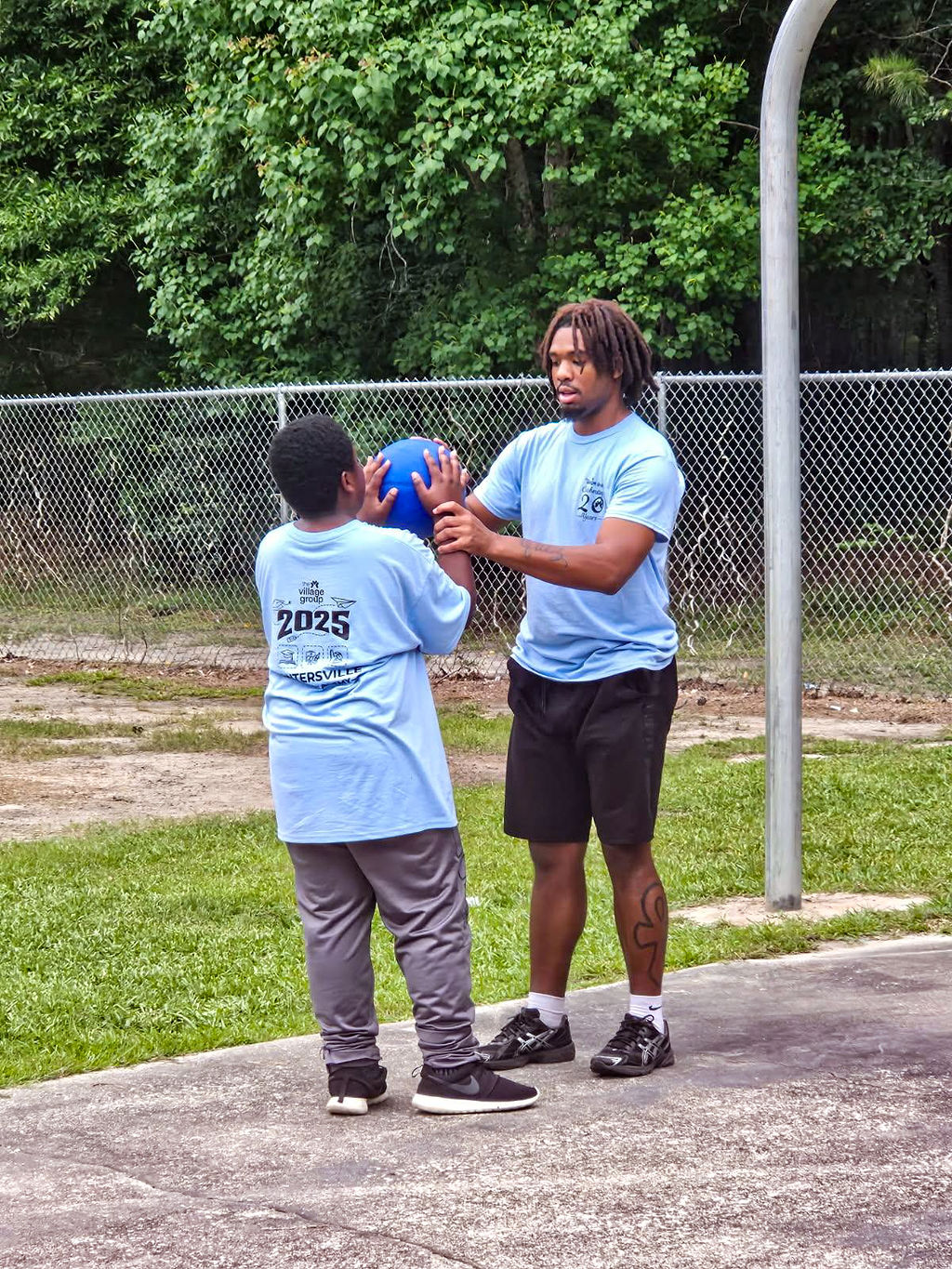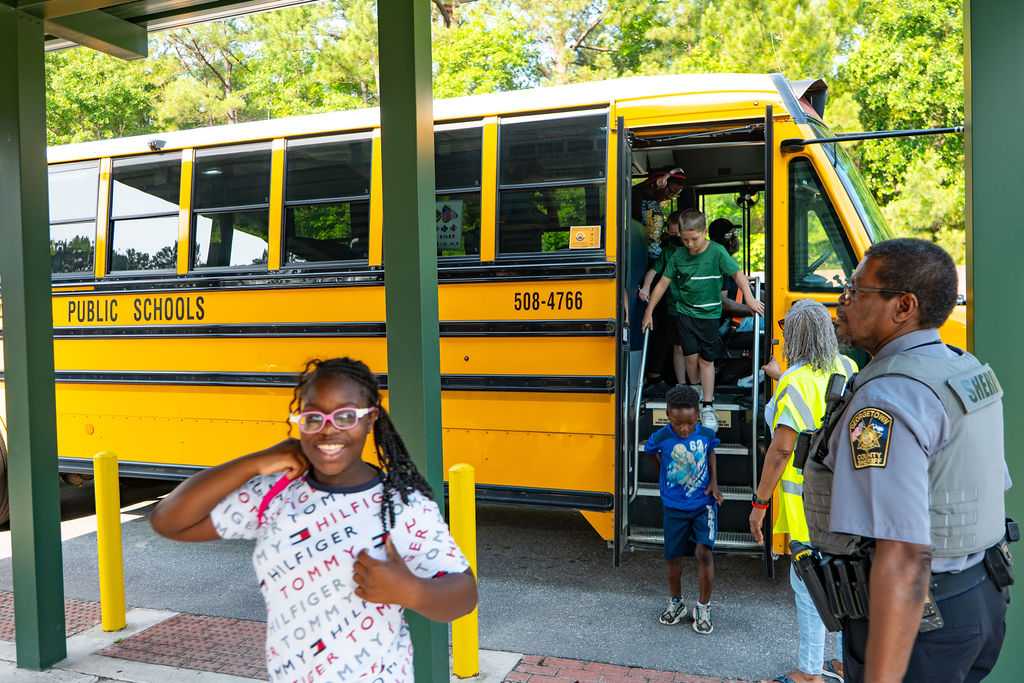
The Village Group: Opening Doors for Children in the Lowcountry
The Village Group is dedicated to changing the trajectory for children and families in rural Georgetown County, South Carolina, a place deeply rooted in Gullah Geechee heritage and the history of rice cultivation along the Lowcountry coast. In communities like Plantersville, children often face barriers such as geographic isolation, limited transportation, and few afterschool or summer learning options. To bridge these gaps, The Village Group blends academic support with cultural enrichment—programs that include African dance, storytelling, and heritage celebrations—helping youth grow while taking pride in their roots.
Kars4Kids was proud to award a small grant to The Village Group, which stood out for the caliber and impact of its work with under-resourced children. From literacy and STEM initiatives to mentoring and cultural showcases, this nonprofit gives students access to opportunities that are too often out of reach. By ensuring cost is never a barrier, The Village Group equips young people with the tools to thrive while honoring the culture and history that make their community unique.
To learn more about this important work, we reached out with questions to The Village Group Executive Director Ray C. Funnye:
Kars4Kids: To begin, could you describe the demographics of the youth and families you serve through The Village Group—such as their age range, location, and any specific needs or gaps you aim to address?
Ray C. Funnye: The Village Group primarily serves children and families from the rural Plantersville community and greater Georgetown County, South Carolina. Our youth range from pre-kindergarten through high school, with the majority between the ages of 5 and 18. Many come from historically underserved and economically disadvantaged backgrounds, where access to high-quality educational and enrichment opportunities is limited.
Families in our community often face challenges such as geographic isolation, limited transportation, and gaps in afterschool and summer learning support. These challenges contribute to disparities in academic achievement, career readiness, and access to cultural enrichment. The Village Group was founded to address these gaps directly. Through programs such as our Plantersville Summer Academy, Afterschool Academy, STEM enrichment, cultural arts programs, and college and career readiness initiatives, we provide students with opportunities to grow academically, socially, and culturally, while also supporting families through engagement and community events.
In short, we serve a diverse group of rural youth who are full of potential but too often overlooked, and we work to bridge the opportunity gap by ensuring they have the resources, mentorship, and experiences needed to thrive.
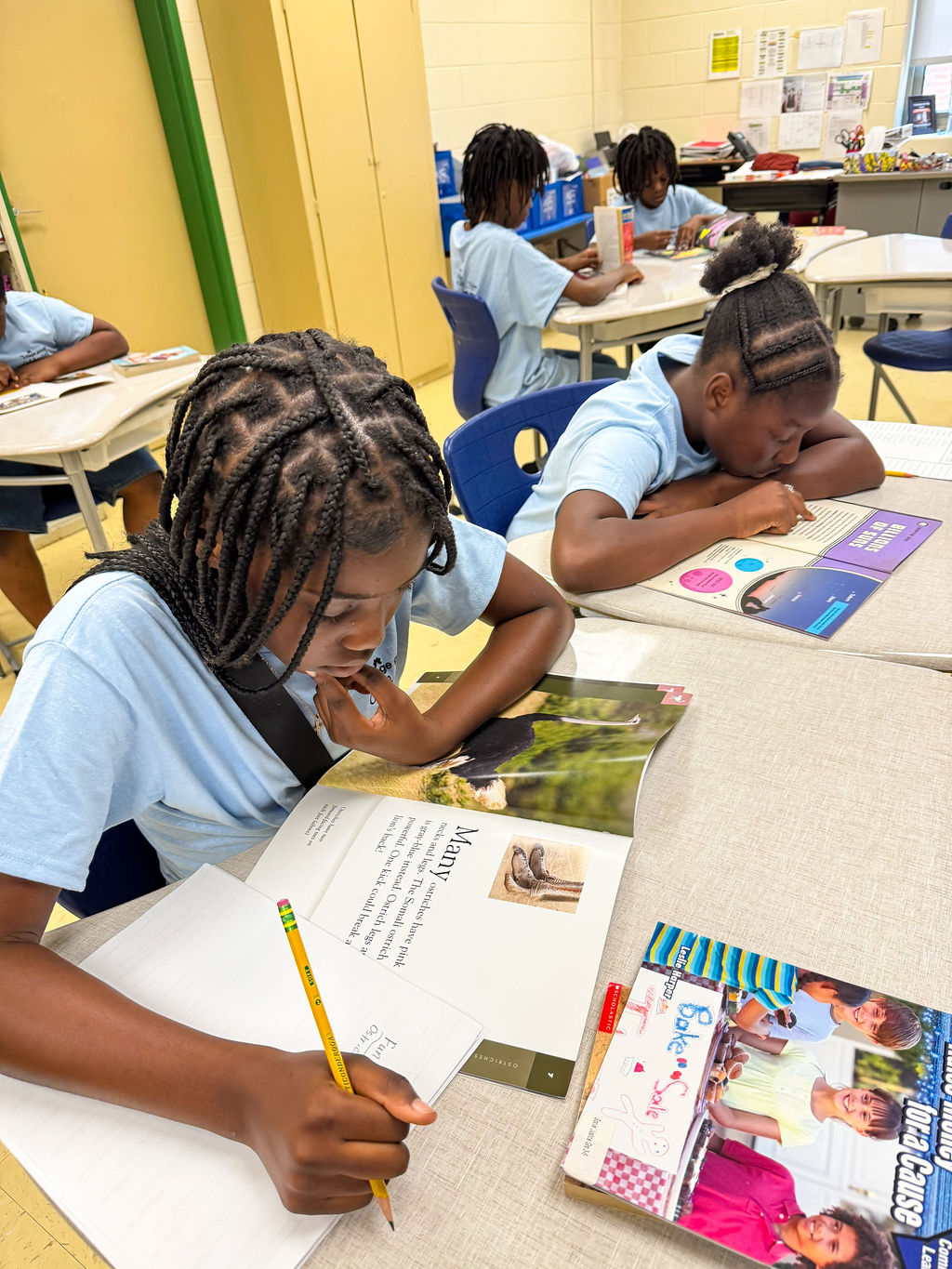
Kars4Kids: Can you walk us through the Plantersville Enrichment Academy (after-school program) and the Plantersville Summer Academy? What does each program offer, and how do they support academic and social-emotional growth?
Ray C. Funnye: The Plantersville Enrichment Academy (PEA) is our year-round after-school program serving students in grades PreK–5. It provides structured academic support in reading and math, complemented by tutoring, homework assistance, and enrichment activities that spark creativity and critical thinking. Beyond academics, PEA nurtures social-emotional growth through mentoring, cultural arts, and recreational opportunities, giving children a safe and supportive environment where they can build confidence and resilience.
The Plantersville Summer Academy (PSA) extends this mission during the critical summer months when students are most at risk of learning loss. PSA blends academic instruction with a wide range of enrichment opportunities, such as STEM, arts, cultural heritage, dance, and culinary programs. Students not only strengthen their academic skills but also engage in experiences that connect them to their community and culture, broadening their horizons while keeping learning exciting and relevant.
Together, these academies create a continuous pipeline of support for children; helping them achieve academically, grow socially and emotionally, and develop the confidence and curiosity to thrive in school and in life.
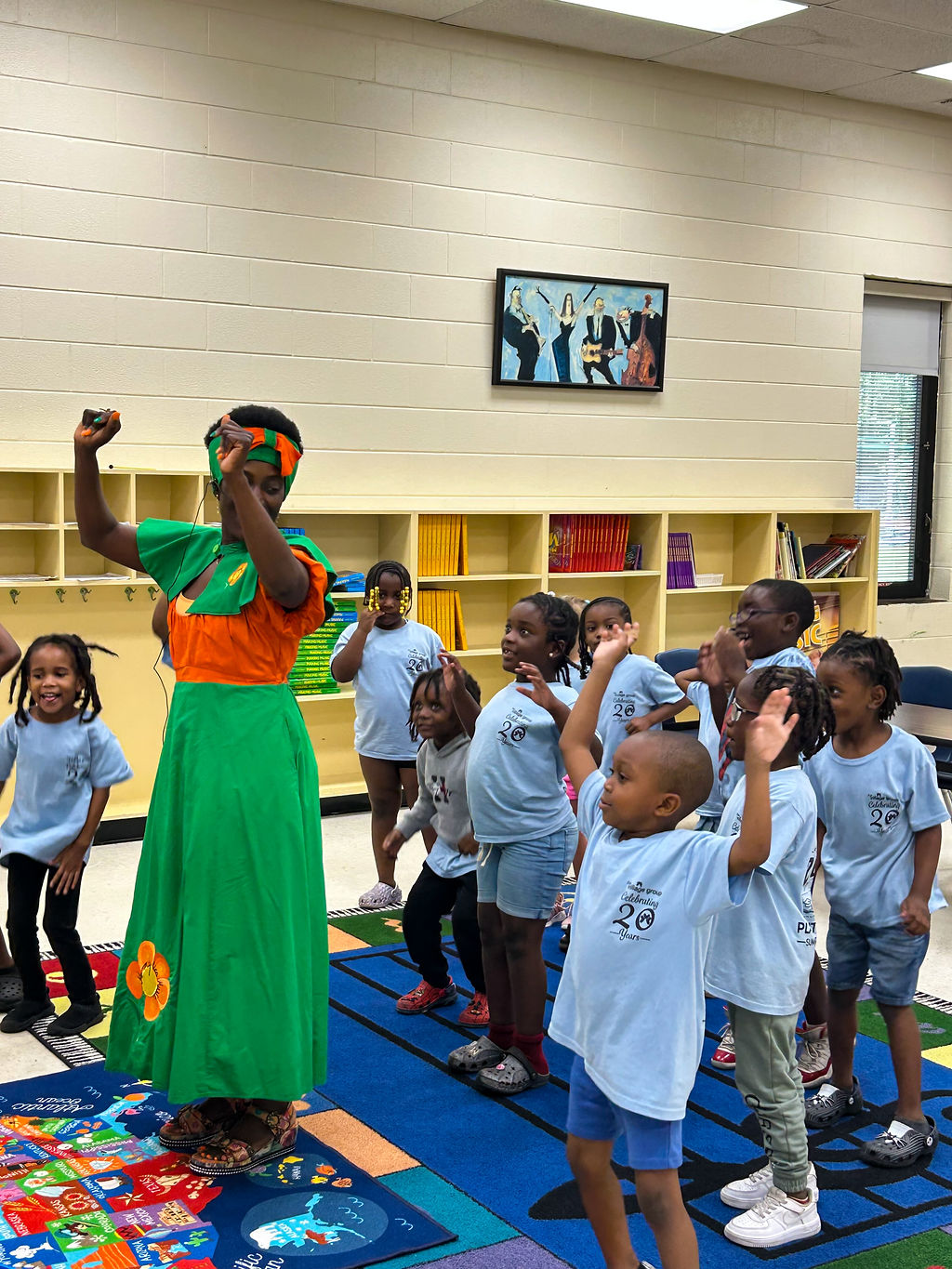
Kars4Kids: The Summer Academy uses the BellXcel curriculum and includes experiential learning. Could you share more about how field trips, the STEM Institute, and media or robotics components enrich the students’ learning?
Ray C. Funnye: The Plantersville Summer Academy is built on the BellXcel curriculum, which provides a strong foundation in literacy and math, but what truly sets it apart is the experiential learning that makes academics come alive.
Our field trips take students beyond the classroom into cultural, historical, and natural sites, helping them see the relevance of what they learn while broadening their horizons. The STEM Institute introduces students to hands-on science, technology, engineering, and math projects, sparking curiosity and problem-solving skills. In past years, students have also benefited from media and robotics programs, which give them the chance to explore creativity, collaboration, and innovation—skills that prepare them for the future.
By blending academics with enrichment and real-world experiences, we help students not only retain knowledge but also develop a genuine love for learning and a sense of confidence in their abilities.
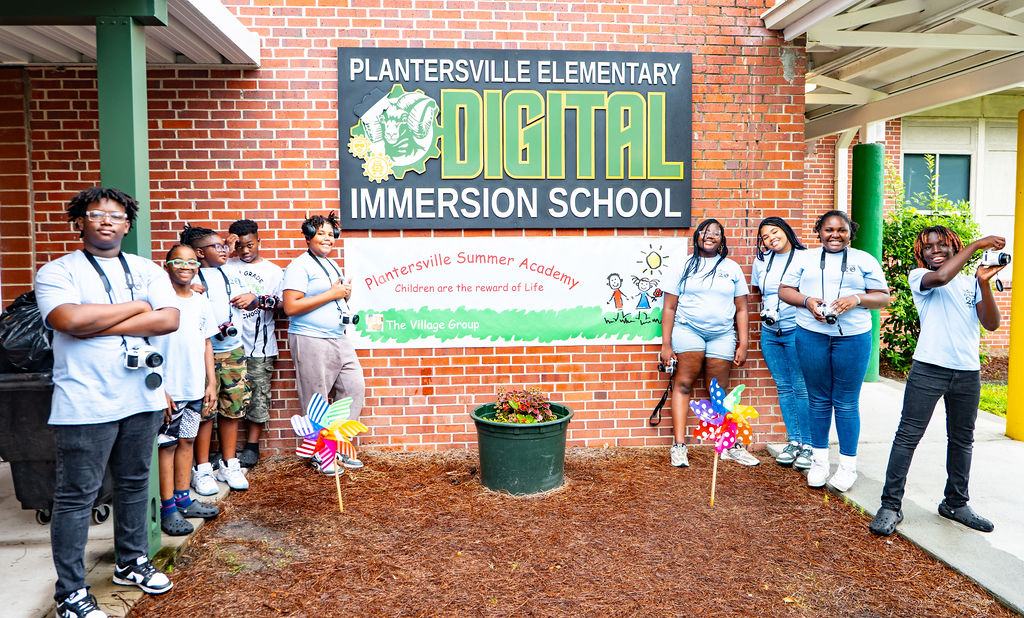
Kars4Kids: Could you tell us about the LIFE (“Literacy Is for Everyone”) initiative and the Culturally Sustaining STEM Institute—how do these programs enhance literacy and STEM learning, especially for African American youth?
Ray C. Funnye: The LIFE (Literacy Is for Everyone) Initiative is designed to ensure that every child in our community has access to strong reading and writing support. We know that literacy is the foundation for lifelong learning, so through LIFE we provide students with culturally relevant books, one-on-one reading support, and family engagement activities that reinforce a love for reading at home. By centering literacy in both academic and community spaces, LIFE helps close achievement gaps while nurturing confidence and self-expression.
The Culturally Sustaining STEM Institute takes a similar approach by connecting science, technology, engineering, and math to the lived experiences and cultural heritage of our students. For many African American youth in rural communities, STEM can feel abstract or disconnected. We make it tangible, whether through projects linked to environmental stewardship of our rivers and land, or by incorporating African and African American contributions to STEM innovation. This approach affirms identity, deepens relevance, and inspires students to see themselves as future scientists, engineers, and innovators.
Together, these programs enhance literacy and STEM learning by being culturally responsive and community-rooted, ensuring that our children are not only learning critical skills but also seeing their heritage and voices reflected in what they learn.
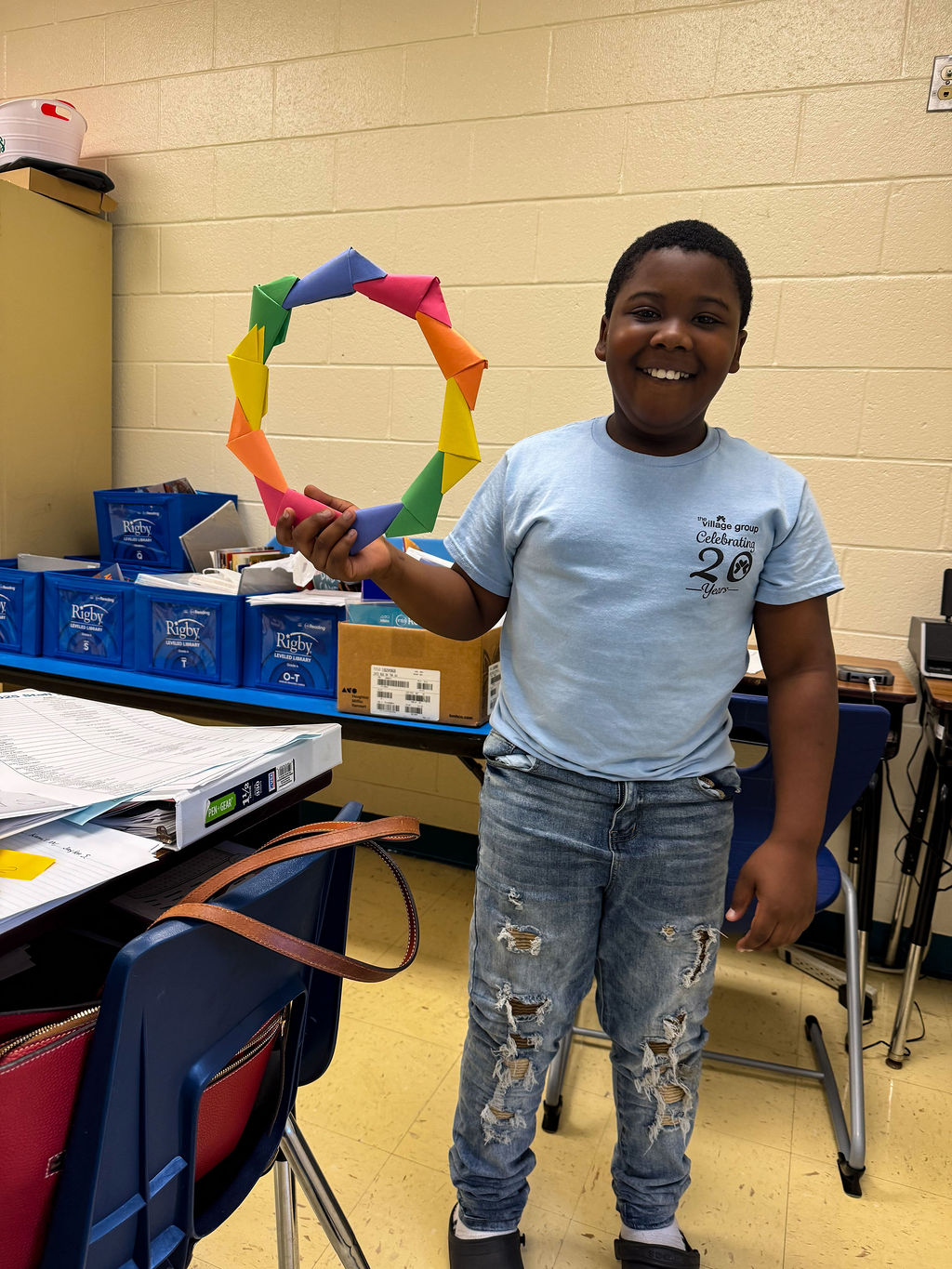
Kars4Kids: You also operate health and enrichment programs like the Village Flyers Bike Club and the annual Tour de Plantersville bike ride. How do these programs promote health, mentorship, and community engagement?
Ray C. Funnye: The Village Flyers Bike Club and the Tour de Plantersville are wonderful examples of how we use health and enrichment to build stronger youth and communities.
The Village Flyers Bike Club gives young people the opportunity to engage in regular physical activity while also learning discipline, teamwork, and road safety. More than just a fitness program, it pairs youth with caring adult mentors who ride alongside them, encouraging resilience, responsibility, and healthy lifestyle choices. For many of our students, the bike club becomes a safe space for mentorship and personal growth.
The Tour de Plantersville, our annual scenic bike ride, extends this vision to the whole community. Riders from across the region come together to enjoy the beauty and history of Plantersville while supporting our youth programs. It promotes health and wellness, highlights cultural heritage, and fosters civic pride, while also raising vital funds to sustain our educational initiatives.
Together, these programs demonstrate that when we combine health, mentorship, and community engagement, we not only strengthen individual well-being but also create a deeper sense of connection and shared purpose in our community.
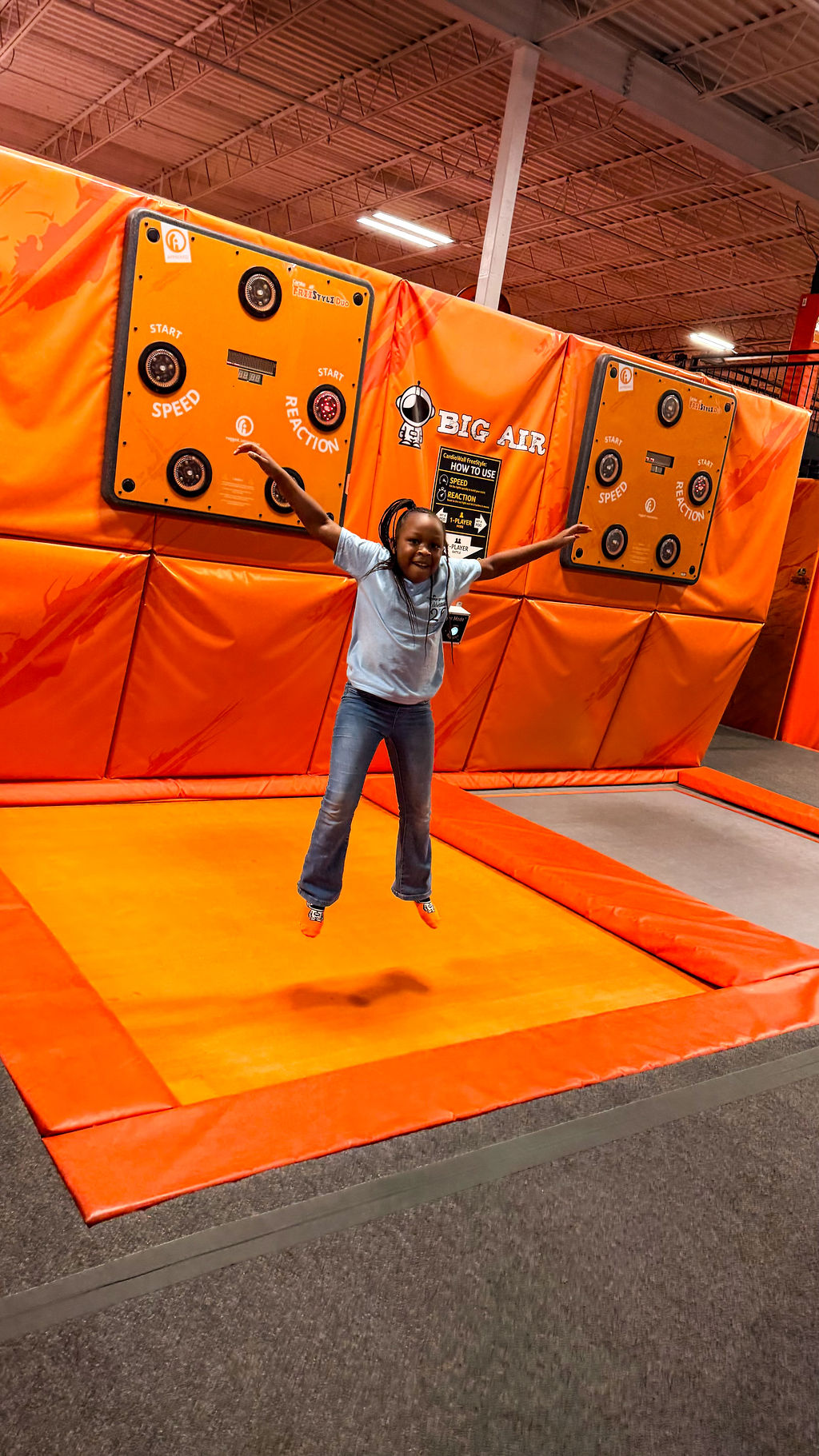
Kars4Kids: What is the “Dirt to Dinner” initiative and what is your vision for the Plantersville Cultural Complex on the 10-acre site? What kinds of features—such as farm, kitchen, trails—are planned for supporting youth and community development?
Ray C. Funnye: The “Dirt to Dinner” initiative is our way of connecting young people and families to the land, healthy living, and cultural heritage. Through hands-on gardening, students learn how to grow fresh produce and then bring those lessons into the kitchen, where they learn to prepare nutritious meals. This program not only promotes healthy eating and food security, but also builds life skills, pride, and awareness of the deep agricultural traditions in our community.
Looking ahead, our vision for the Plantersville Cultural Complex is to expand this approach on our 10-acre site into a vibrant community hub. Plans include a working farm and teaching garden, a demonstration kitchen for cooking classes, walking, and biking trails that connect to the natural landscape, and cultural spaces that celebrate African American heritage in the Plantersville area. The Complex will serve as a place where youth can learn, families can gather, and the wider community can engage in health, culture, and education together.
Ultimately, both the Dirt to Dinner initiative and the Cultural Complex embody our mission: to equip youth and families with the tools, knowledge, and experiences to thrive while celebrating the unique history and beauty of our community.
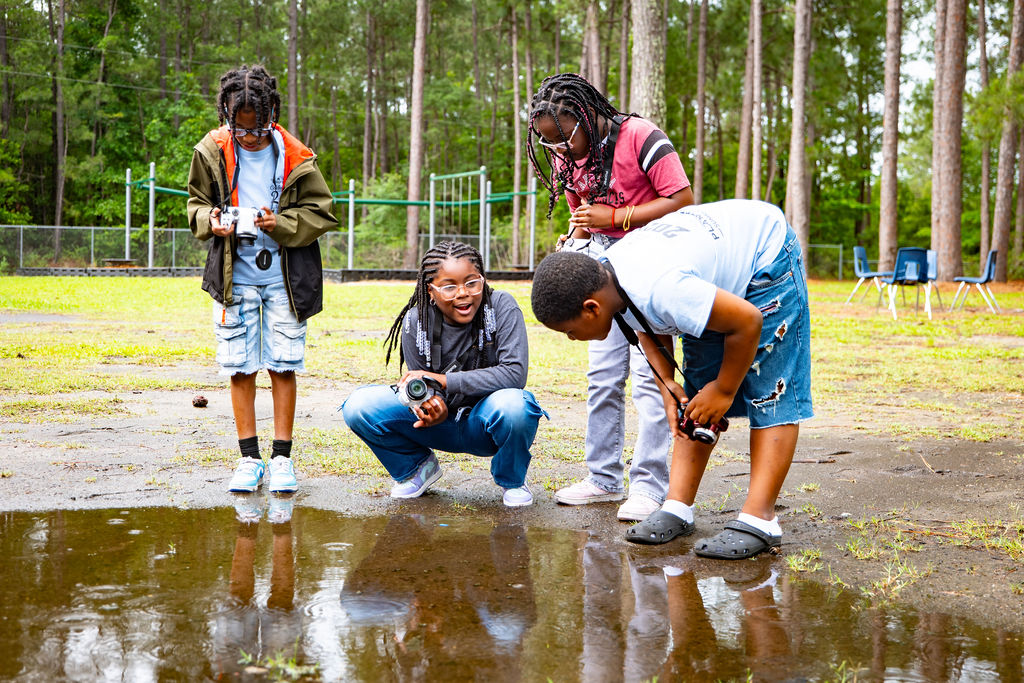
Kars4Kids: Could you describe how cultural education is incorporated into your programs—such as through family and cultural events at the Cultural Center or community programming?
Ray C. Funnye: Cultural education is woven throughout everything we do because we believe that youth thrive when they see their heritage and identity honored. At the Cultural Center and through community programming, we host events such as heritage celebrations, storytelling, African dance, and culinary traditions that allow students and families to engage with history in a living, interactive way.
These experiences create space for children to take pride in their roots, while also exposing them to the broader diversity of traditions within our community. For example, our summer academy often closes with a cultural showcase where students perform dances, share cuisine, and present projects that reflect what they’ve learned. Similarly, family nights and seasonal celebrations invite parents and neighbors to join in, strengthening intergenerational connections.
By centering culture alongside academics, we ensure that learning is not just about test scores, but also about identity, belonging, and pride. This approach grounds our students in who they are while preparing them to confidently navigate and contribute to the wider world.
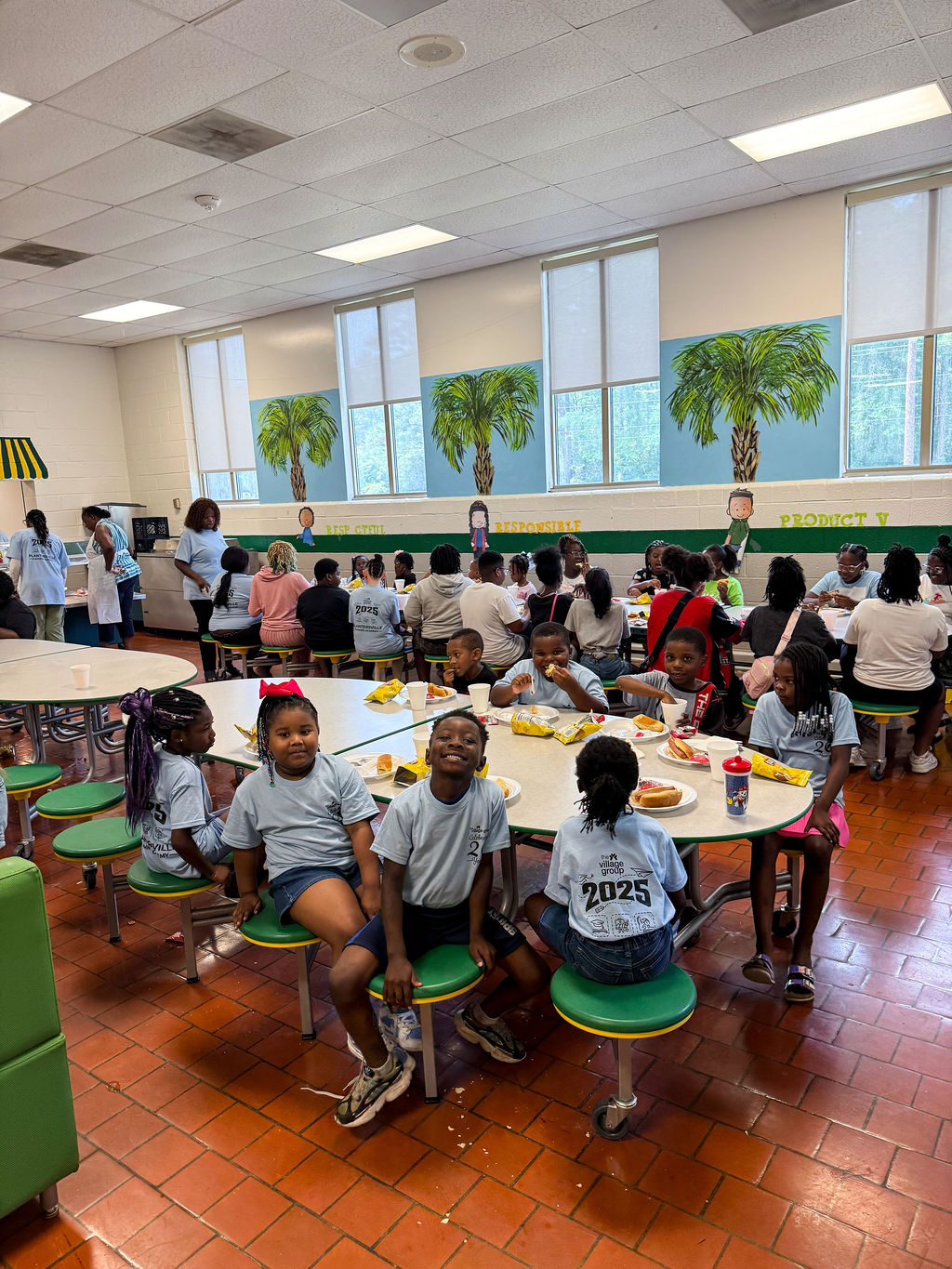
Kars4Kids: Can you share a success story with our readers?
Ray C. Funnye: One of our most powerful success stories is about a young girl who joined The Village Group in elementary school. At first, she was very shy, struggled with reading, and often lacked confidence in herself. Through the Plantersville Enrichment Academy and Summer Academy, she received consistent tutoring, mentoring, and encouragement. She also participated in our cultural arts programs and found her voice through dance and storytelling, which gave her a new sense of pride in her heritage.
Over time, her academic skills improved significantly—she went from struggling in reading to excelling, and eventually became a mentor herself to younger students. Today, she is a college-bound high school graduate with aspirations of becoming a medical professional. She credits The Village Group with not only helping her academically but also giving her the confidence and resilience to dream big.
Her journey is a reminder that when children are given both academic support and cultural affirmation, they don’t just succeed in school, they thrive in life.
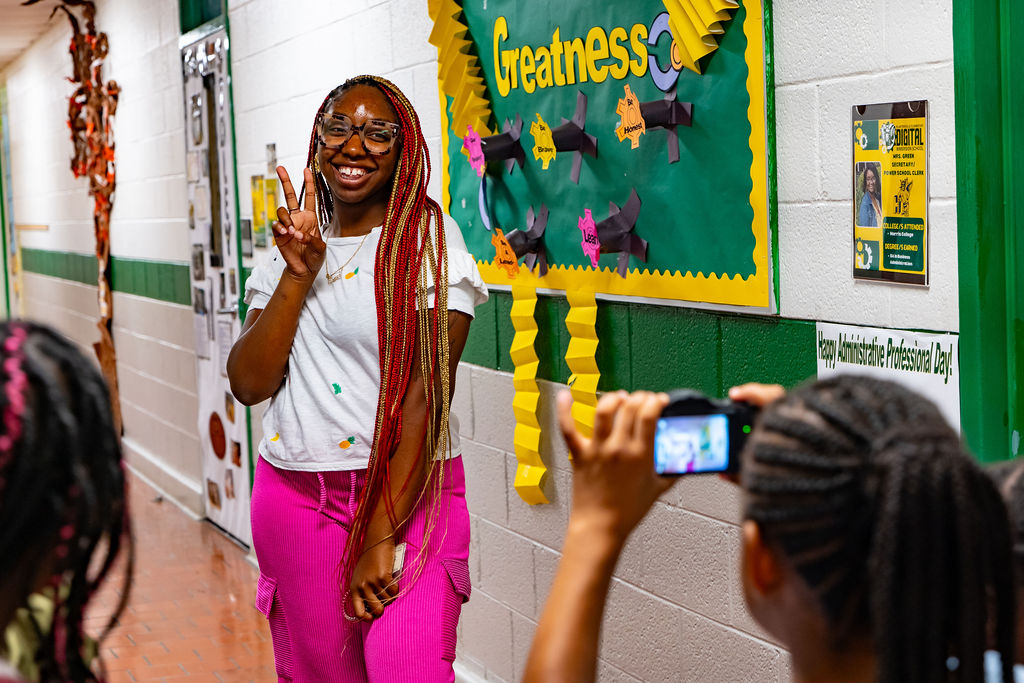
Kars4Kids: Do you have a way to measure impact? Can you share something about this? What kind of improvements are you seeing in the kids and families you work with?
Ray C. Funnye: Yes—we are very intentional about measuring impact to ensure our programs are making a difference. We use a combination of pre- and post-assessments, teacher feedback, attendance tracking, and family surveys to evaluate progress. For example, through the BellXcel curriculum, we track student growth in literacy and math during the summer months and compare outcomes over time.
The results are encouraging; students consistently show improvement in reading and math scores, and we see gains in areas like confidence, collaboration, and leadership skills. Families report that their children are more excited about learning, more engaged at home, and better prepared for the school year. Beyond academics, we also notice growth in healthy lifestyle habits from our wellness programs and a deeper sense of pride in cultural identity from our heritage-focused activities.
In short, the improvements we see are not only academic but also social-emotional and cultural, preparing children to succeed in school and thrive in life.
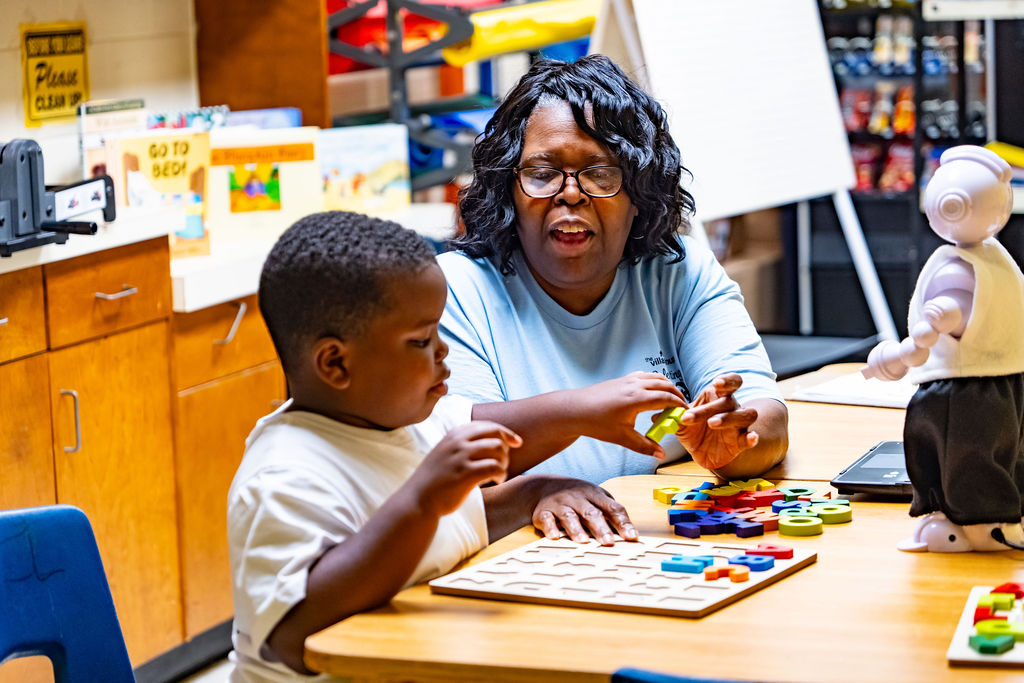
Kars4Kids: And finally, looking ahead—what’s next for The Village Group? Are there plans to launch new programs, expand existing ones, or further develop the Cultural Complex that you’re particularly excited about?
Ray C. Funnye: Looking ahead, we’re very excited about the next chapter for The Village Group. Our top priority is advancing the development of the Plantersville Cultural Complex on our 10-acre site. This will be a community hub with features like a teaching farm, kitchen, cultural spaces, and trails, designed to blend education, health, and heritage into one place where families and youth can learn, grow, and connect.
We also plan to expand our year-round programs, including the Enrichment Academy and Summer Academy, so we can reach even more students in Georgetown County. At the same time, we are building on newer initiatives like Dirt to Dinner, LIFE (Literacy Is for Everyone), and the Culturally Sustaining STEM Institute, making sure they are sustainable and continue to respond to community needs.
What excites us most is that all these efforts work together toward a single vision: empowering young people and families to thrive, while celebrating the rich culture and history of Plantersville. We see this as planting seeds today that will blossom into lasting change for generations to come.
At The Village Group, we believe that when children are given opportunity, support, and pride in their heritage, they can achieve anything. Our vision is not just about programs, it’s about planting seeds of hope, resilience, and leadership that will grow for generations. We are deeply grateful to partners like Kars4Kids who help us make this vision a reality.
